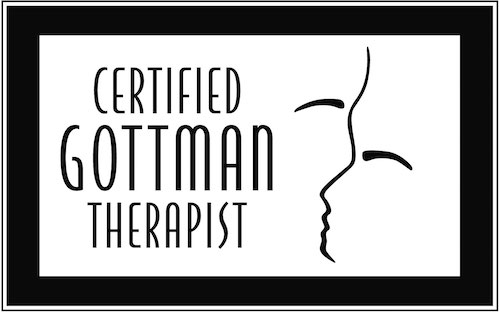Understanding Stress in Your Life
Understanding Stress in Your Life
What is stress?
At times stress can be a positive aspect in life. It can help motivate individuals and provide them with a sense of energy and excitement. For example, moderate levels of stress can help motivate an individual to better prepare for an exam or a job interview. Stress impacts individuals negatively, however, when they are continually confronted with challenges, experience trauma, or need to adjust to changing environments and circumstances.
Stress can impact people of all ages. It is a subjective response to stressors. For example, one person may find public speaking stressful whereas another person may find it natural and enjoyable. There are external stressors such as divorce, personal accidents or injury, job or school related factors, birth of a child, peer relationships, retirement, or even vacations. Internal stressors include aspects such as perceptions or beliefs about events or how we think and feel about ourselves.
How does stress impact you?
When an individual's mind and body are activated by stress, especially over prolonged periods of time or in instances of severe trauma, it can make him or her more vulnerable to other problems that impact their behavior, physiology, cognition, emotions, relationships, and spirit.
Some indicators of stress include:
- Increase or decrease in appetite and weight gain/loss
- Difficulties concentrating
- Ongoing fears or worries
- Sweaty palms
- Rapid heart rate
- Tight muscles
- "Knots" or "butterflies" in stomach
- Headaches/migraines
- Moody or "short fuse"
- Not sleeping well
- Increase in smoking, alcohol, drugs, or caffeine.
- Teeth grinding
- Muscle pain
- Diminished sexual desire
- Loss of sense of humor
- Fatigue
How can you deal with stress more successfully?
- Take note of any stressors in your life and your physical and emotional responses to them.
- Set flexible and realistic short-term and long-term goals.
- Take short breaks throughout the day to re-energize.
- Talk it out with a good friend or someone you trust.
- Exercise.
- Practice deep breathing.
- Redirect your attention to positive accomplishments in your life.
- Laugh/cry.
- Listen to your favorite music.
- Identify relaxation strategies most helpful for you and create a list that you can refer to as a reminder.
- Begin to implement relaxation activities into your life on a regular basis, practice them, and reflect on the differences in how you feel.


